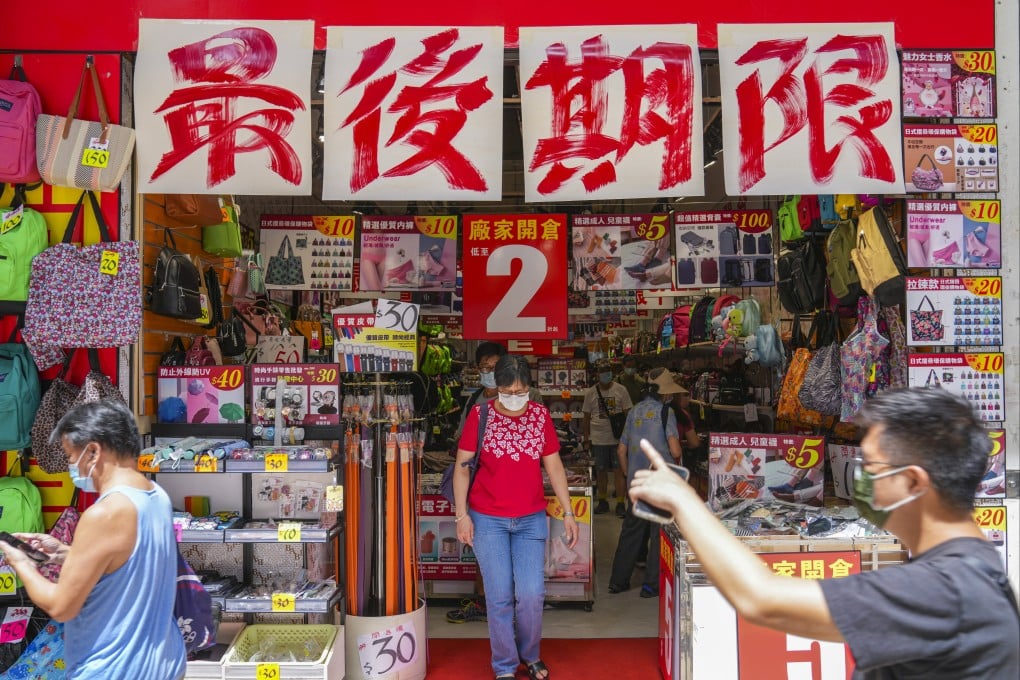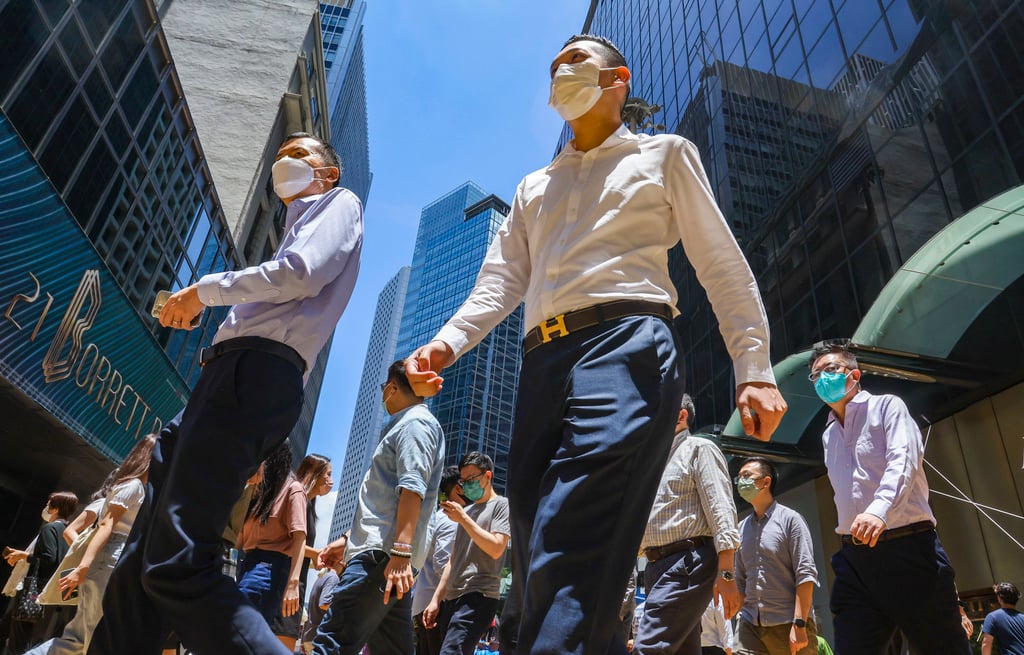Hong Kong retail sales continue to decline, falling 1.2 per cent in June
- Sales for June totalled HK$27.7 billion, provisional figures released by Census and Statistics Department show
- Government attributes decline to souring desire to spend following resurgence of local coronavirus cases and interest rate rises by central banks

Provisional figures released by the Census and Statistics Department on Tuesday showed June sales totalled HK$27.7 billion (US$3.53 billion), down slightly from the HK$29.1 billion recorded in May.
Online retail sales for June increased 0.5 per cent year on year, reaching HK$2.3 billion to account for 8.2 per cent of the total value. Online retail growth in the first half of 2022 was 24 per cent.
But the 1.2 per cent drop in June sales was milder than May’s year-on-year decline of 1.6 per cent.

A government spokesman attributed the latest decrease to a souring desire to spend following a resurgence of local coronavirus cases and interest rate rises by central banks, but was optimistic that an impending round of HK$5,000 (US$637) in handouts would help increase consumer demand.
“The upcoming disbursement of phase two of the consumption vouchers will help support consumption demand, but retail sales performance down the road will also be dependent on how the local epidemic evolves and how the tighter financial conditions affect consumer’s spending power and sentiment,” he said.